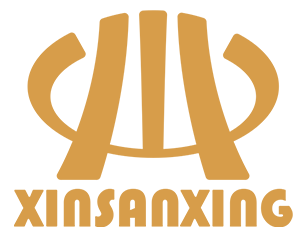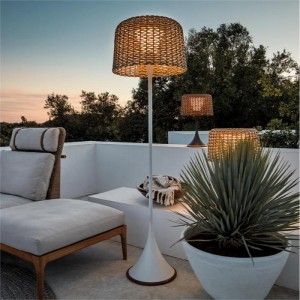As we all know, exporting solar lights to Nordic countries usually requires following a series of certifications and standards to ensure product safety, performance and environmental friendliness.
Here are some of the main certification requirements:
1. CE Mark
The CE mark is a basic requirement for entering the European market, indicating that the product meets the EU's safety, health and environmental requirements. Solar lights need to comply with relevant directives, such as the Low Voltage Directive (LVD), the Electromagnetic Compatibility Directive (EMC), etc.
2. RoHS Certification
RoHS (Restriction of the Use of Certain Hazardous Substances Directive) certification requires the restriction of the use of certain hazardous substances (such as lead, mercury, cadmium, etc.) in products. The manufacturing materials and components of solar lights need to comply with RoHS standards.
3. REACH Registration
REACH (Registration, Evaluation, Authorization and Restriction of Chemicals) is a chemical management regulation of the European Union that requires manufacturers and importers to register and evaluate the chemical substances used in their products. The materials of solar lights need to comply with REACH requirements.
4. EN Standards
Nordic countries usually follow European standards (EN standards), such as:
EN 60598: Safety standards for lamps.
EN 62109: Safety standards for photovoltaic inverters.
EN 61000: Electromagnetic compatibility standards.
5. IP rating
The protection level (IP rating) of solar lights may also need to meet specific standards, especially if they are used outdoors. The IP rating indicates the product's protection against solid objects and liquids.
6. ISO certification
Although ISO certification is not mandatory, obtaining ISO 9001 (quality management system) or ISO 14001 (environmental management system) certification can enhance the market competitiveness of products and increase customer trust.
7. Local regulations and standards
Different Nordic countries (such as Sweden, Norway, Finland, Denmark, etc.) may have their own regulations and standards. It is recommended to consult a local certification body or professional consultant before exporting to ensure that all requirements are met.
8. Test report
A test report from a third-party laboratory is usually required to prove that the product meets the above standards and requirements. These test reports can help speed up the certification process.
Conclusion
When exporting solar lights to the Nordic market, it is crucial to ensure that the above certifications and standards are followed. This will not only help to enter the market smoothly, but also enhance the credibility and competitiveness of the product. It is recommended to cooperate with a professional certification body to ensure that all requirements are met.
If You Are in Business, You May Like
Post time: Nov-13-2024







